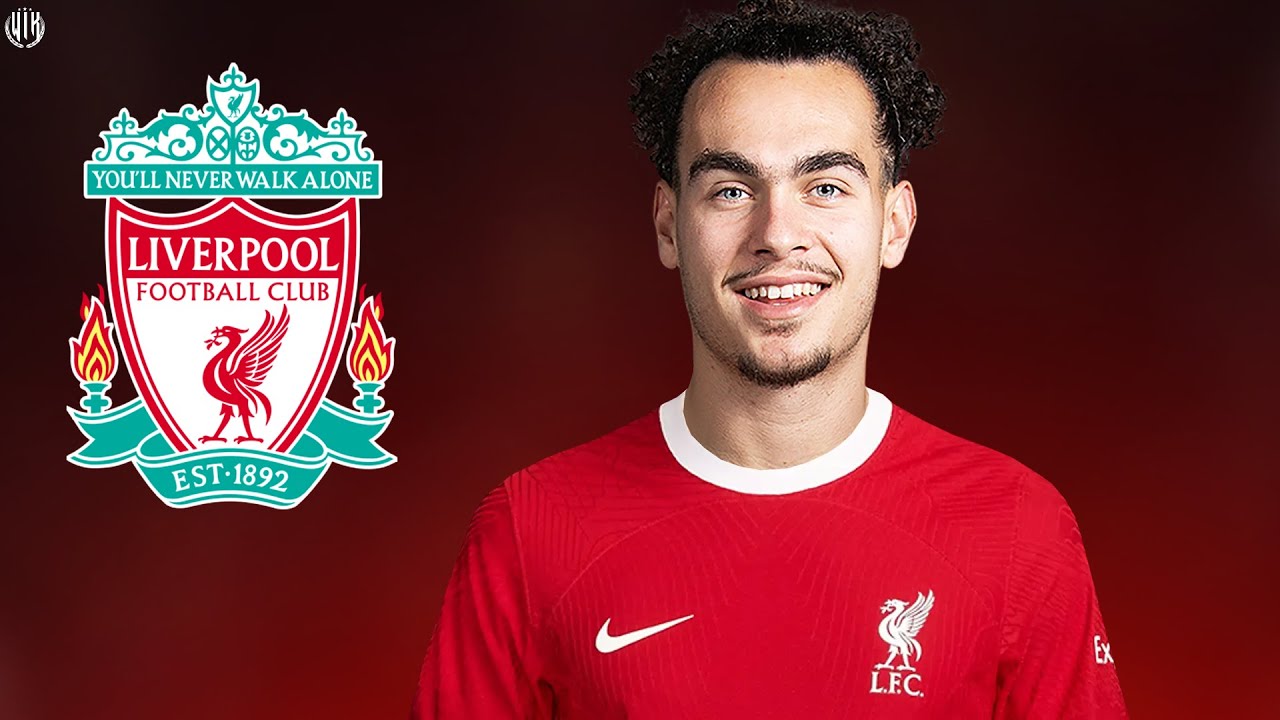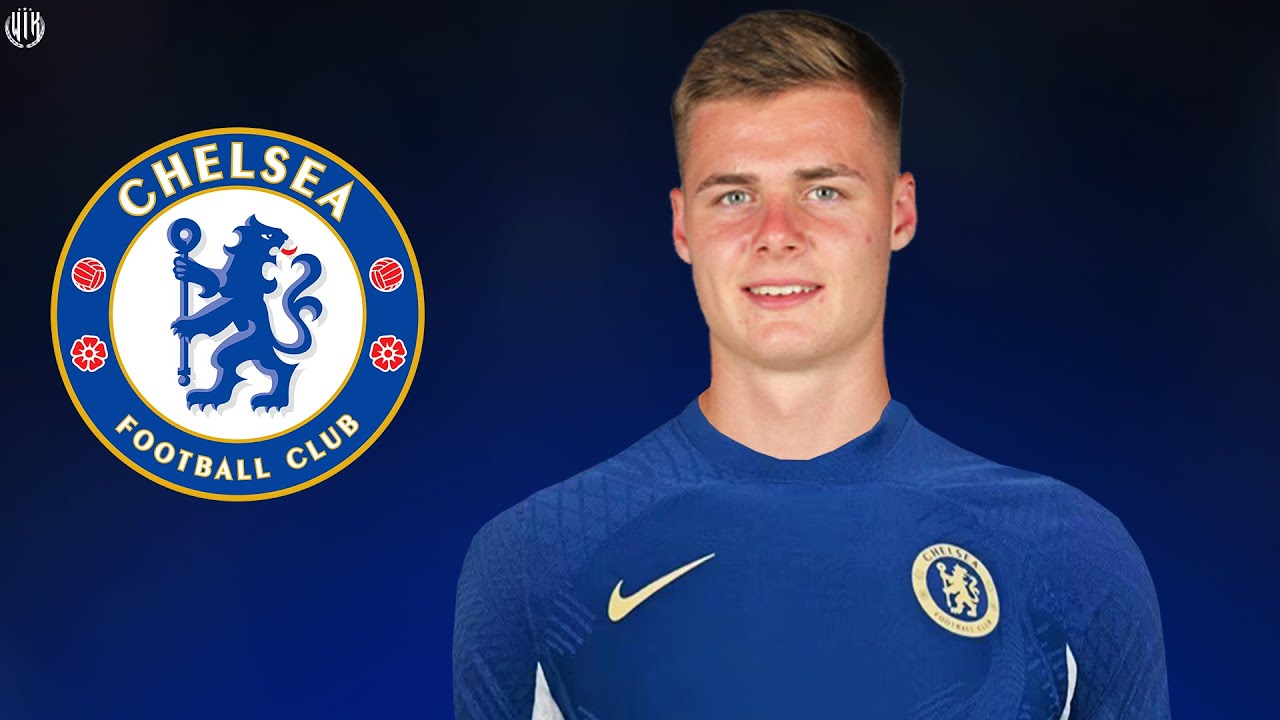The Importance of Fresh Faces in a National Squad
A national football squad is not just a collection of individual players; it is a cohesive unit that relies on teamwork, chemistry, and talent to achieve success. While experienced players provide stability and leadership, fresh faces bring a sense of excitement, hunger, and innovation to the team.
One of the key benefits of incorporating new talent into a national squad is the injection of youthful energy. Young players often possess a hunger and drive that can motivate the entire team to perform at their best. Additionally, fresh faces bring a different perspective and playing style, which can disrupt opponents' strategies and breathe new life into the team's approach.
However, integrating new players into an established squad is not without its challenges. Team dynamics and chemistry need to be carefully managed to ensure a smooth transition. The coaching staff plays a crucial role in nurturing and guiding these young talents, providing them with the support and guidance necessary to thrive at the international level.
Young Talents Making Their Mark: A Closer Look at the Rising Stars
Germany has a rich history of nurturing and producing young talents who go on to become global football stars. The current squad is no exception, with several rising stars making a significant impact on the team's performance.
One such rising star is Kai Havertz. At just 21 years old, Havertz has already established himself as one of the most promising midfielders in the world. With his exceptional vision, technical skills, and goal-scoring ability, Havertz has become an integral part of Germany's national team. His ability to control the game and create scoring opportunities for his teammates has allowed the squad to evolve their playing style.
Another young talent making waves is Jamal Musiala. Born in Stuttgart but raised in England, Musiala made his breakthrough with Bayern Munich and quickly caught the attention of national team selectors. At the age of 18, he became the youngest player to score for Germany in a major tournament. Musiala's versatility and ability to play in multiple positions have provided the team with tactical flexibility and added depth to their attacking options.
How Germany Engineered A Golden Generation | From Crisis To Champions |
The Role of the Coach in Nurturing New Talent
A successful national team relies on the expertise and guidance of its coaching staff. In Germany's case, their coaches have played a crucial role in identifying and nurturing new talent.
Joachim Löw, the former head coach of Germany's national team, made it a priority to develop and integrate young players into the squad. Löw's commitment to nurturing fresh faces has been instrumental in the team's evolution. Under his guidance, players like Thomas Müller, Joshua Kimmich, and Serge Gnabry, who were once considered young talents, have become established stars.
Löw's successor, Hansi Flick, will undoubtedly continue this tradition of cultivating young talent. As the former head coach of Bayern Munich, Flick has a proven track record of developing young players and maximizing their potential. His ability to create a harmonious team environment and extract the best from each player will be vital in the continued evolution of Germany's national team.
The Impact of Fresh Faces on Team Dynamics and Performance
Integrating fresh faces into an established squad can have a profound impact on team dynamics and performance. These new players bring a different set of skills, playing styles, and perspectives that can reshape the team's approach to the game.
One notable example of this impact is the emergence of Joshua Kimmich. Initially known for his defensive capabilities, Kimmich has evolved into a box-to-box midfielder who excels in both defensive and attacking roles. His versatility and tactical intelligence have allowed Germany to adopt a more fluid and dynamic style of play, with Kimmich acting as a linchpin in midfield.
Furthermore, the introduction of fresh faces often leads to healthy competition within the squad. Established players are challenged to maintain their performance levels, while new players strive to prove themselves and earn their place in the starting lineup. This competition fosters a culture of continuous improvement and pushes the team to consistently raise their standards.
The Evolution of Playing Styles and Strategies
As new talent is integrated into the national squad, playing styles and strategies naturally evolve. Each player brings their own strengths and playing preferences, which influence the team's approach to the game.
In recent years, Germany has shifted towards a more possession-based and attacking style of play. Players like Leroy Sané and Julian Brandt, known for their explosive pace and dribbling skills, have added a new dimension to the team's attacking prowess. This shift in playing style has allowed Germany to become more proactive in their approach, putting pressure on opponents and dictating the tempo of the game.
Additionally, the introduction of young talents has prompted the coaching staff to experiment with different formations and tactical setups. This flexibility has given Germany a strategic advantage, as they can adapt their game plan to exploit the weaknesses of their opponents.
The Challenges and Opportunities of Integrating New Players
Integrating new players into an established squad is not without its challenges. These challenges include the need for players to adapt to the team's style of play, forge connections with their teammates, and handle the pressure of performing on the international stage.
Language barriers and cultural differences can also pose challenges, especially when players come from diverse backgrounds. However, these challenges can also be seen as opportunities for growth and learning. Embracing diversity and fostering a supportive team environment can lead to better understanding and cohesion among players.
The coaching staff plays a crucial role in managing these challenges and ensuring the smooth integration of new players. By providing guidance, support, and mentorship, the coaching staff helps young talents navigate the pressures and expectations of representing their country.
The Future of Germany's National Football Team
With a strong foundation of established stars and promising fresh faces, the future of Germany's national football team looks bright. The team's ongoing evolution, driven by the integration of new talent, ensures that they remain competitive on the international stage.
As the current squad continues to develop and mature, they will serve as role models for the next generation of German footballers. The success of players like Havertz, Musiala, and Kimmich will inspire young talents to strive for greatness and contribute to the team's future success.
Additionally, Germany's commitment to nurturing young players and embracing change sets a precedent for other national teams. The team's ability to adapt and evolve while maintaining a consistent level of performance is a testament to their emphasis on youth development and squad rejuvenation.
Lessons from Germany's Approach to Squad Rejuvenation
Germany's approach to squad rejuvenation offers valuable lessons for other national teams seeking to maintain their competitiveness. The following lessons can be drawn from their success:
1. Embrace youth: Investing in young players and providing them with opportunities to showcase their talent can yield long-term benefits for the team.
2. Create a supportive environment: Fostering a culture of support and mentorship helps young talents thrive and develop their potential
.3. Adapt playing styles and strategies: Integrating new players often leads to the evolution of playing styles and strategies, providing a competitive advantage.
4. Manage team dynamics: Balancing the integration of new players with the stability and leadership of established stars is crucial for maintaining team chemistry.
5. Continuously evolve: The football landscape is constantly changing, and teams must adapt to remain competitive. Embracing change is essential for continued success.
Change for Continued Success
Germany's national football team exemplifies the importance of embracing change and integrating fresh faces into a squad. By nurturing young talents and discovering hidden gems, the team has continued to evolve and remain at the pinnacle of international football.
The impact of these fresh faces goes beyond individual performances. They shape team dynamics, playing styles, and strategies, contributing to the ongoing evolution of the squad. The success of Germany's approach to squad rejuvenation serves as a blueprint for other national teams looking to maintain their competitiveness and achieve sustained success.
As the journey of Germany's national football team unfolds, one thing is certain: the squad's fresh faces will continue to play a pivotal role in shaping the team's future and ensuring their continued success on the international stage.















